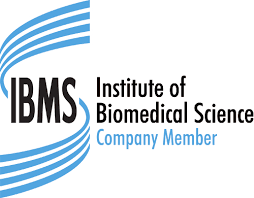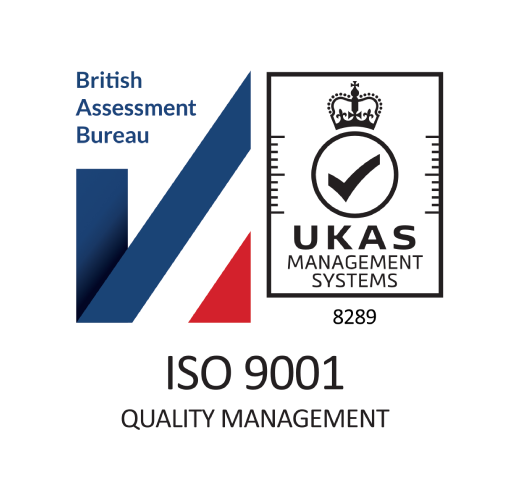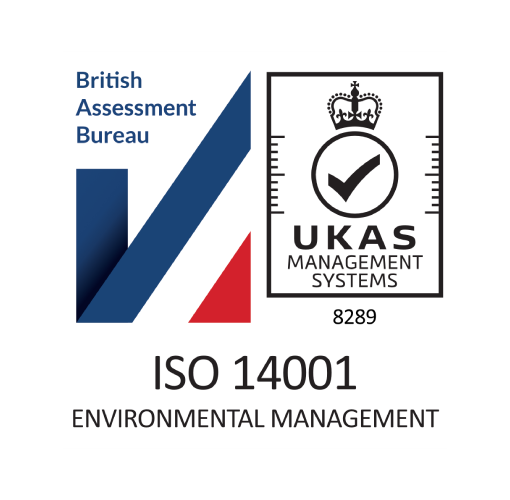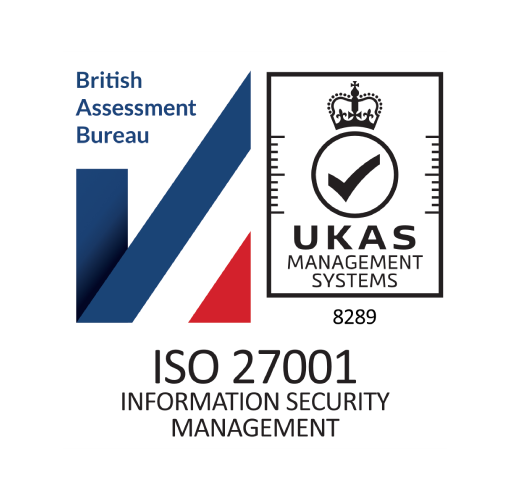IFRS 16 – Does this put a Managed Service Contract (MSC) on balance sheet?
Our exciting new partnership with LG Energy Group (LGE)
Please get in touch, we're ready to help
22 February 2022
Author | Admin
IFRS 16 – Does this put a Managed Service Contract (MSC) on balance sheet?
Done properly the MSC remains off-balance sheet. There are exceptions (see below) but, for the most part, we would expect the assets associated with a MSC to be off-balance sheet.
MSC’s can be confused and conflated with a Managed Equipment Service (MES). The two are very different contract types and seek to achieve different things for customers. A description of the differences can be found here. In simple terms, an MES provides an asset(s) and the service related directly to it e.g. maintenance. A MSC, on the other hand, is specifically about service, not equipment, so has a broader (than equipment maintenance) service component attached e.g. purchase to pay, stock management, sub-contractor management of all consumables and services that support the clinical service in which asset(s) are also a part. To illustrate, the value of equipment used in a MSC will be a smaller proportion of the whole contract value. It’s important to focus on the “S” (for Service) in an MSC, rather than the “E” (for Equipment) for an MES. Importantly, it is not about comparing a MES with a MSC – they are different. Whether one is better than the other depends on the value and the benefits the customer is looking for.
So… What keeps a MSC off-balance sheet?
Under IFRS 16, the recipient of the contract must first assess whether a contract is, or contains, a “lease”. The standard sets out a specific set of tests to make the lease determination; importantly, for a contract to contain a lease it must meet all of the tests/requirements; namely:
- There is an identifiable asset
- The customer obtains substantially all of the economic benefit during the period of use; and
- The customer has the right to direct the use of the asset.
In other words, agreements within scope are contracts, or part of a contract, that conveys the right to use an identified asset for a significant period of time in exchange for consideration. In the case of an appropriately structured MSC a customer does not have the rights to:
- Obtain substantially all the economic benefits from the use of an identified asset, nor
- Direct the use of the identified asset.
If the response to both of these is “Yes”, the contract contains a lease and the accounting requirements under IFRS 16 come into force. In other words, the underlying assets goes ‘on balance sheet’.
The key characteristic of a MSC does not link to specific equipment/assets because there is practical application of a ‘service’, rather than the supply of an ’identifiable asset’. A contract for service means:
- The contract is a service price e.g. cost/test with key performance indicators, for example, turnaround time, system up-time.
- Any equipment is ‘pooled’; equipment is not specifically identifiable to allow…
- Substitution, which specifically supports the ability to manage risk of non-performance of the service (specified in the contract) allowing for equipment loan facilities to reinstate service, finding an alternative supplier or source of provision for all or part of the service and bearing the costs thereof.
- The customer/recipient of the MSC does not have the right of use of any specific asset, there is no right to direct the use of an asset because substitution rights mean there is no specified asset.
There are a few exceptions. The right of substitution is only considered substantive, even with a MSC, if the supplier has both the practical ability to substitute alternative assets throughout the period of use and would economically benefit from the substitution. A building or MRI scanner, for example, is unlikely to be subject to easy substitution.
For the most part, as a contract for the supply of service, a service not linked to the supply of an [identifiable] asset, an MSC is distinguishable from a ‘lease’ and, done properly, remains off-balance sheet.
Genmed Group Limited provides vendor-agnostic managed service contracts, managed equipment services and equipment leasing. If you wish to learn more about how your organisation could benefit from managed services, we would be delighted to be contacted through info@genmed.eu
This article is for general information only, it does not constitute the giving of professional advice, and no advisory relationship is formed. The use of information contained in this article or linked materials is at the user’s own risk. Users should not disregard, or delay in obtaining, appropriate professional advice for their specific circumstances and/or case.
Related articles
Introducing Energy Services
08 June 2022
Author | Admin
Genmed is pleased to announce our partnership with LG Energy Group (LGE).
South West London Elective Orthopaedic Centre and Genmed are HSJ Partnership Award Winners
29 March 2022
Author | Admin
On 24 March 2022, Genmed and South West London Elective Orthopaedic Centre (SWLEOC) were chosen as...
Genmed Procurement Services
16 March 2022
Author | Admin
Genmed can manage rapid and efficient procurement projects for you. We can add capacity and...
MES versus MSC
22 February 2022
Author | Admin
Managed Equipment Services (MES) and Managed Service Contract (MSC) are different. Very different....
Genmed Finalists in HSJ Partnership Awards 2022
24 January 2022
Author | Admin
Genmed is delighted to announce that their partnership with South West London Elective Orthopaedic...
New surgery capacity for South West London Elective Orthopaedic Centre (SWLEOC)
02 August 2021
Author | Admin
A new theatre at the South West London Elective Orthopaedic Centre (SWLEOC) opened in July 2021...
Procurement must become centre stage in the NHS
28 May 2020
Author | Admin
The English lexicon has changed markedly in light of the worldwide coronavirus pandemic with...
Hepatitis C testing services to the wider NHS
12 August 2019
Author | Admin
Founded in 2012, the EPA has become a centre of excellence for pathology – particularly virology –...
New state-of-the-art endoscopy centre
10 December 2018
Author | Admin
The Gastroenterology department at the Norfolk and Norwich University Hospital (NNUH) has moved...










